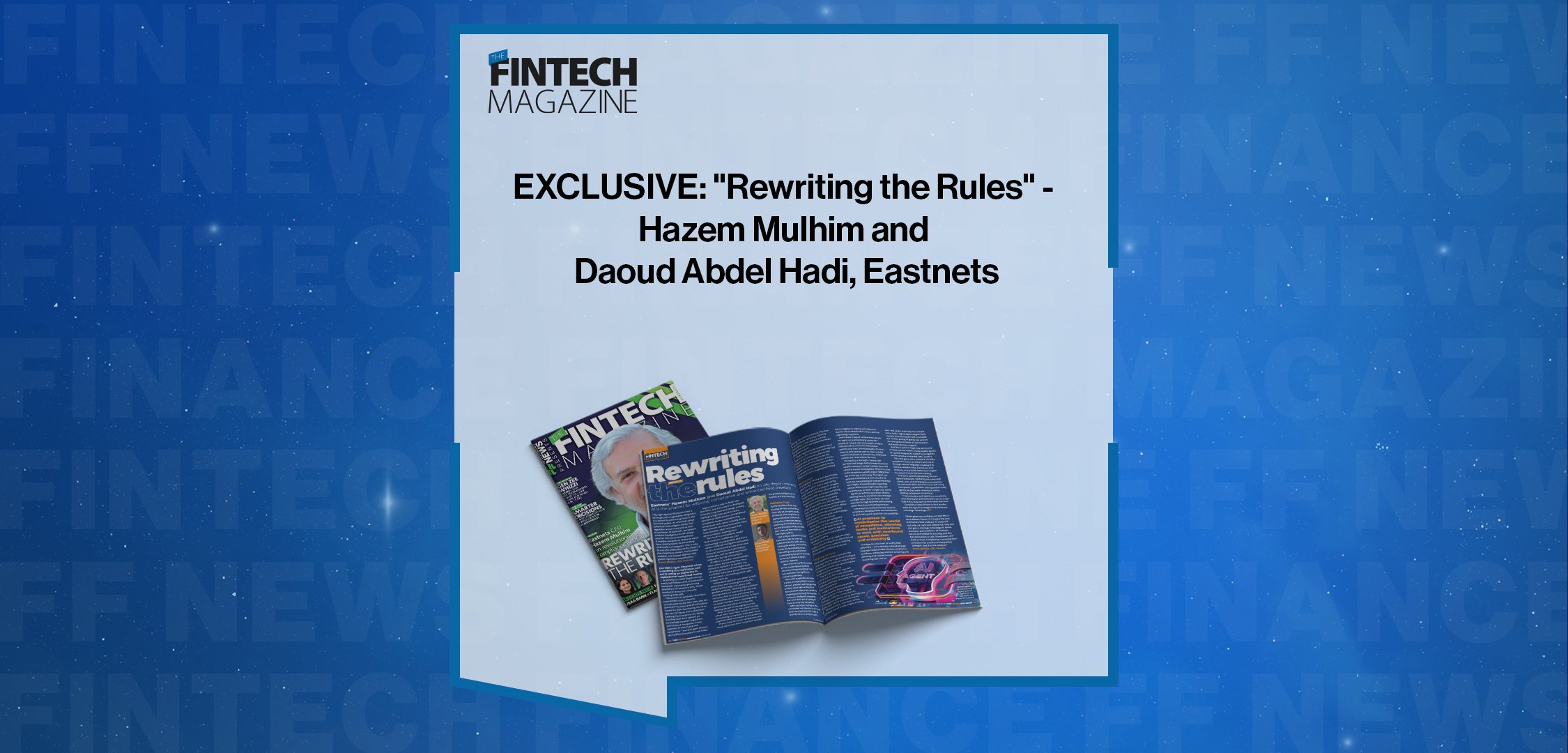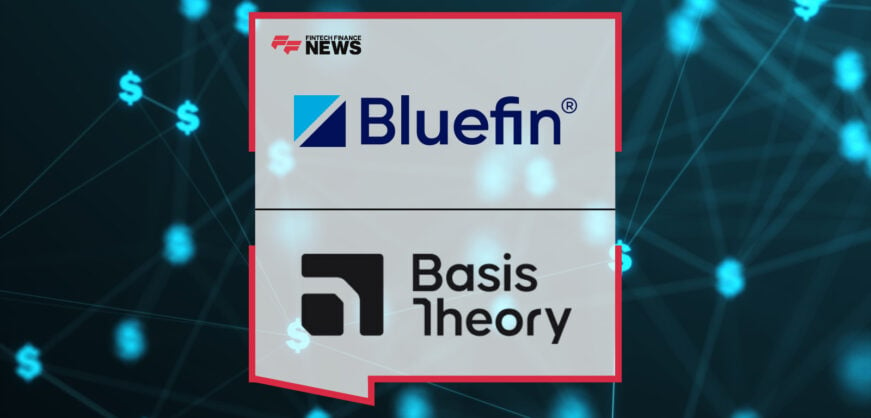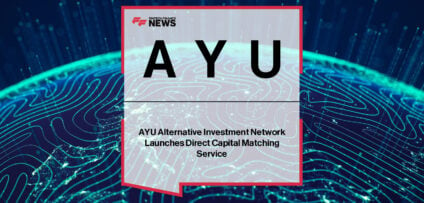Breaking News

EXCLUSIVE: “Rewriting the Rules” – Hazem Mulhim and Daoud Abdel Hadi, Eastnets in ‘The Fintech Magazine’
Eastnets’ Hazem Mulhim and Daoud Abdel Hadi on why they’re convinced AI is the enabler for effective compliance and enhanced fraud prevention
“The fight against financial crime is no longer just a regulatory obligation; it is central to preserving trust in the financial system. As criminals adopt advanced technologies, banks and regulators must move just as fast, if not faster. At Eastnets, we believe artificial intelligence is not simply another tool, but a turning point: it enables compliance teams to move from chasing alerts to preventing crime before it happens. This is why AI must be embedded at the heart of the compliance model, explainable, scalable, and always aligned with global regulatory expectations.” Hazem Mulhim, CEO, Eastnets
Our CEO is right. Financial crime is evolving at a rapid pace, and we’re seeing an explosion in sophisticated new fraud tactics. According to a 2024 Regula survey, nearly half (49 per cent) of businesses worldwide reported experiencing deepfake or AI-related scams, which resulted in losses per company reaching $600,000.
The creation of synthetic identities, cross-border mule networks co-ordinated via the dark web, and the use of privacy coins and decentralised mixers in crypto laundering are all on the rise. For banks and institutions, tackling these tactics is one thing, but they must do it against an increasingly complex regulatory environment. It requires a new approach to both fraud and compliance – one that goes beyond the traditional models in use today.
Legacy systems rely on fixed rules that often lack the nuance to distinguish between suspicious and benign activity, leading to high false positive rates, operational inefficiencies, overwhelmed compliance teams, and ballooning compliance costs. More critically, these rigid systems also divert attention away from complex, high-risk cases that demand deeper investigation.
The result is a compliance model that’s reactive, inefficient, and increasingly unsustainable. And this is where artificial intelligence (AI) comes in. It’s revolutionising how banks and financial institutions meet today’s challenges, not by replacing human judgment, but by enhancing it.
AI offers a smarter, more scalable alternative. By learning from vast historical datasets, AI models can identify patterns of both legitimate and illicit behaviour across thousands of variables – something static rules simply can’t do.
Automated systems can detect subtle anomalies and evolving fraud tactics, and prioritise high-risk alerts with greater precision, reducing false positives and operational overhead. AI not only increases the accuracy of alerts but also enables compliance teams to focus on what matters most: investigating genuinely suspicious activity and staying ahead of emerging threats. And, of course, AI can continuously adapt with new data, which is vital in an evolving ecosystem with ever-more sophisticated scammers and fraudsters.
If you want to move compliance and fraud detection from a reactive burden to a proactive intelligence-driven function, AI is now a must-have.
Making the change
But the transition to AI can seem daunting for banks and institutions. That’s why we, as a global provider of financial crime compliance and payment solutions, implement AI using a three-step phased approach, enhancing what institutions already use and gradually building trust rather than a one-and-done switch-over from legacy systems.
First, using an institution’s existing transaction data, we insert our Calibration Module, which works on refining the existing rule thresholds. It does this by simulating various rule settings and scenarios before recommending the optimal thresholds to use, each tailored to specific customer segments.
There is no one-size-fits-all approach to this, and by segmenting clients into more homogeneous groups, banks and institutions can significantly reduce false positives. Next, with an optimised rule system in place, we deploy AIDa (AI Detection Advisor), a machine learning engine that predicts which alerts are likely to be false positives. AIDa is able to do this by analysing and learning from past alert outcomes, intelligently suppressing low-value alerts and sharpening its focus on truly risky transactions.
With a strong AI foundation now established, we introduce an advanced deep learning model that is able to identify when an entity’s actions diverge from historical patterns, flag when a client behaves significantly differently from others in their segment, and map suspicious clusters and relationships within financial networks.
“AI promises to revolutionise the world of compliance, allowing banks and institutions to work with newfound speed, precision and scalability”
These insights provide compliance teams with much richer, smarter and more informed views of risk, empowering them to spot sophisticated laundering schemes and hidden financial crime networks. A human member of the compliance team can then investigate further, knowing that the due diligence has been completed beforehand.
Boxing clever
In a regulated industry, black-box solutions won’t suffice. In accordance with the EU AI Act, any AI system used in credit scoring and fraud detection is subject to stringent requirements. And this is why our suite of AI solutions offers, as standard, everything needed to be explainable and auditable. We embed explainability into every single AI-generated alert, offering clear, plain-language justifications and visual tools, like link analysis and behaviour charts. Before deployment, we provide comprehensive documentation, outlining the model’s design, methodology and intended use.
During an in-depth, pre-deployment analysis phase, our data scientists run simulations using the bank’s historical data, fine-tuning the model to align with the institution’s specific risk profile and operational realities. This process ensures the bank has a clear, upfront understanding of how the model will perform in day-to-day scenarios, fostering trust and accountability from day one.
Predicting the future
As AI capabilities continue to evolve, the next major leap lies in agentic AI; intelligent systems that are capable of acting as digital compliance assistants and operate beyond simple question-answering. They can ingest multiple large data sources and use third-party applications to independently answer your queries, analysing challenges, developing strategies and executing tasks.
Imagine an AI agent being alerted by the transaction monitoring system after a particular entity is flagged. Instantly, it initiates a comprehensive investigation, gathering and synthesising data from both internal and external sources. Within moments, it produces concise, coherent, and actionable insights, enabling the investigator to make a well-informed decision about whether the entity’s activity is genuinely suspicious.
And it doesn’t stop at surface-level checks.
The agent can autonomously review the outputs of related rules and models, analyse historical alerts, and assess transaction patterns over time. Simultaneously, it scours external data sources such as news articles or public databases to uncover any additional context that could inform the case. The result is a thorough, context-rich narrative that brings clarity to even the most complex scenarios, saving valuable time and effort for human investigators. When it’s time to file a suspicious activity report (SAR), that too can be just a click away. The agent can generate a detailed and well-structured write-up, incorporating all relevant findings and insights, streamlining the reporting process while enhancing its quality and completeness. All from a single user query.
Agentic AI will free up human officers, allowing them to transition into strategic oversight roles. They can then use their expertise for high-value decision-making rather than time-consuming reviews. It promises to revolutionise the world of compliance, allowing banks and institutions to work with speed, precision and scalability. And Agentic AI is closer to reality than many think – we’ve already embedded large language models (LLMs) into key compliance workflows, enhancing sanction screening and detecting trade-based money laundering risks such as over- and under-invoicing.
For example, we’ve built a lightweight AI agent that’s capable of browsing the web to validate the market pricing of goods and services, an early demonstration of autonomous, real-world decision support. But this is just the beginning.
By the end of 2025, we will launch a fully capable agentic AI copilot designed to support investigators across sanction screening, AML, and KYC. This next-generation assistant will allow compliance teams to interact with the AI through natural language, enabling it to retrieve relevant data, summarise alert histories, and provide contextual insights to support human decision-making.
And we’re actively developing the core agent framework, validating use cases with clients, and conducting rigorous evaluations on real-world data. Our focus is on delivering transparent, explainable, and regulation-ready agentic AI that works seamlessly within existing compliance ecosystems. Financial crime and regulatory complexity mean that banks and institutions can no longer stay static; they have to move with the times.
Compliance doesn’t have to be a burden. With the right AI strategy, it truly becomes a strategic advantage.
“What gives me confidence is that this is not a distant future; it is happening now. Institutions that embrace AI today will not only cut costs and reduce risk, they will. also gain a strategic advantage in speed, precision, and resilience. At Eastnets, we are committed to ensuring that this transformation is safe, transparent, and built on trust. Compliance is evolving from a burden into a source of competitive strength. And AI is the catalyst.” Hazem Mulhim, CEO, Eastnets
This article was published in The Fintech Magazine Issue #36, Page 20-21
Companies In This Post
- Bluefin and Basis Theory Partner to Enable Unified Tokenization Across Digital and In-Person Payments Read more
- Invest Bank and AUTON8 Build Partnership to Drive Digital Resilience and Banking Agility Read more
- ING’s AI Roadmap: Platform, People, and Agentic AI Read more
- UK-fintech Provided Over £17.5m in Emergency Wage Advances to More Than 55,000 Employees in the Last Year Read more
- TreviPay Announces AI-Powered Growth Center to Help Enterprises Predict Buyer Behavior and Drive B2B Sales Read more



















